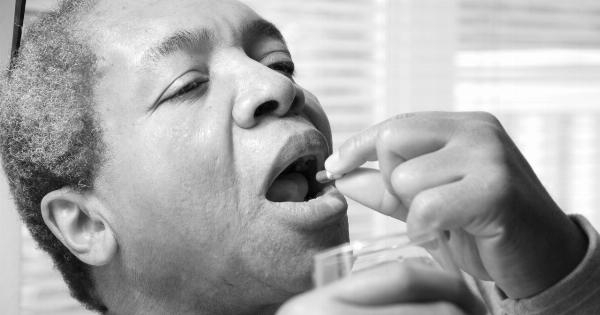For many of us, popping a pill to improve our mood has become as common as taking a vitamin supplement. We live in a society where the use of anti-depressants, anti-anxiety, and sleeping pills are widespread.
The question is, is it fair to hold these pills responsible for our mood?.
Mood Disorders
Before we delve into the debate, let’s first discuss mood disorders. Mood disorders refer to a range of conditions that affect a person’s emotional state.
There are different types of mood disorders, including depression, anxiety, and bipolar disorder.
The Use of Medications
Medications are often used to treat mood disorders. Anti-depressants, for example, are designed to alleviate symptoms of depression. The effectiveness of anti-depressants is heavily debated.
Some argue that they are overprescribed, while others believe they are an essential tool to help those struggling with depression.
The Debate
The debate over whether it is fair to hold pills responsible for our mood centers around the idea of personal responsibility. Some argue that taking pills to improve our mood is akin to avoiding responsibility for our feelings.
They believe that we should take ownership of our emotions and learn to manage them without relying on medication.
The Other Side of the Argument
On the other side of the argument, proponents of medication argue that mood disorders are complex conditions that can’t always be managed without medication. They raise the issue of chemical imbalances, which can significantly affect mood.
For example, serotonin, a neurotransmitter, is associated with improved mood. Some anti-depressants work by increasing serotonin levels in the brain.
Misuse of Medications
Another issue that is often raised in the debate is the misuse of medications. Some people take pills not because they have a mood disorder, but simply because they want to feel better.
This can be dangerous, as medications are often powerful and can have significant side effects.
The Role of Healthcare Providers
Healthcare providers play a critical role in the use of medications to treat mood disorders. They must accurately diagnose patients and determine if medication is necessary.
They must also carefully monitor patients for adverse side effects and adjust treatment plans accordingly.
The Importance of Lifestyle Changes
It’s essential to recognize that medications are not a magic bullet. Lifestyle changes, such as regular exercise, a healthy diet, and getting enough sleep, are also essential for managing mood disorders.
In many cases, lifestyle changes are just as effective as medication in treating mood disorders.
In Conclusion
The debate over whether it is fair to hold pills responsible for our mood is complex. While there are valid arguments on both sides, the most important thing is to ensure that individuals with mood disorders receive the care they need.
This includes accurate diagnosis, proper treatment, and a personalized care plan that may include medication, lifestyle changes, or a combination of both.




























